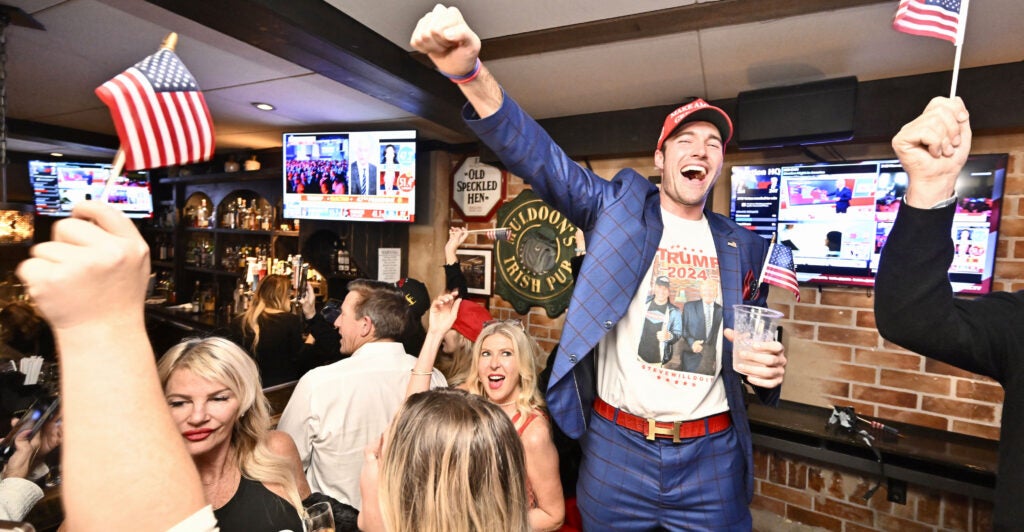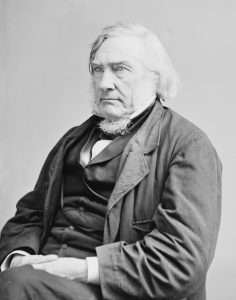
This week, as the country celebrates National Voter Registration Day—where voting rights advocates double down on their efforts to register voters—attacks on registration persist. Since 2020, some states have made registering harder during the height of the election season. Meanwhile, enemies of easier access to voting have launched a flurry of lawsuits to challenge expanded voter registration. Both approaches undermine the most fundamental right of our democracy.
The new restrictions on voter registration not only make it more difficult for citizens to register and vote, but they also impede third-party organizations that aid voters in the process. In 2022, Missouri imposed several rules on voter registration activities, including a requirement that anyone who assists more than ten people in registering to vote must be a registered Missouri voter. The state also prohibited third-party organizations from offering compensation to those who help register voters, making it an open question whether groups can even reimburse their volunteers for their expenses. A Missouri state court temporarily put some of the provisions on hold, and a trial is underway.
Florida prohibited organizations from letting individuals convicted of a felony or noncitizens help register voters, with a $50,000 penalty for any violation. Organizations could be liable to up to $250,000 in fines, bankrupting them. A federal court put parts of the law on hold, but not before the law had already deterred several organizations from their vital voter registration efforts. As a student at the University of Florida told the New York Times, “You have to tell every volunteer that if they screw up, there may be a $50,000 fine. The consequences are that there are a lot fewer people going around the campus registering people. People are a lot more intimidated.”
This year, Tennessee lawmakers prohibited an organization from turning in too many incomplete forms and forbade an individual convicted of a felony from handling the registration papers of another voter. Arkansas, Montana, Oklahoma, and Texas enacted laws requiring “wet” signatures—handwritten rather than electronic—on voter registration forms, making online voter registration drives impossible.
At the same time, some Republican officials and conservative organizations are challenging efforts to expand voter registration. A recent lawsuit claims that President Joe Biden did not have the authority to issue an executive order in 2021 that tells agencies that they should “evaluate ways in which the agency can, as appropriate and consistent with applicable law, promote voter registration and voter participation.” Lawsuits in Arizona and North Carolina seek to remove thousands of voters from the rolls based on speculation that they may be noncitizens, though the evidence that the states have allowed noncitizens to register is scant. Meanwhile, the Supreme Court allowed Arizona to enforce its proof-of-citizenship requirement for voters using a state form, causing confusion among the electorate and potentially disenfranchising many voters. Voters who register using the federal form without providing proof of citizenship can vote only in federal elections; voters who use the state form without the evidence cannot vote at all. Congressional Republicans have introduced the SAVE Act, which requires voters to show proof of citizenship when registering, even though voters must already affirm under penalty of perjury that they are citizens. There is no evidence of noncitizens voting in federal elections, so the legislation would fix nothing but could lead to disenfranchisement.
The history of voter registration, however, shows that the rules should be expansive, especially in allowing third-party organizations to help voters. The Supreme Court has signaled in numerous cases that it cares most about history and tradition. Under that test, the new rules and the lawsuits intended to curtail voter registration go too far. Courts should strike down the new registration restrictions and reject the lawsuits that seek to undermine broad voter registration efforts.
At the Founding, there were no registration lists. States began requiring voter registration in the late 1800s and early 1900s—as populations expanded—largely to prevent fraud. Almost simultaneously with those rules, third-party organizations helped voters with the process, and there were few restrictions on their activities. The nation’s newspapers are full of stories about groups such as the League of Women Voters and its precursors engaged in voter registration drives.
Expansions of the right to vote also coincided with robust voter registration activities. The women’s suffrage movement included significant efforts to assist in voter registration. The Civil Rights movement of the 1960s focused on registering to vote. Congress signaled its intent to ensure robust voter registration across the country through the National Voter Registration Act of 1993, often called the Motor-Voter law, because it requires DMVs to provide voter registration services. There is, therefore, a long history and tradition of organized efforts to register voters.
The new attacks on voter registration are contrary to the goal of robust participation. Of course, states have a valid interest in preventing election fraud, but there is little evidence that the new measures improve ballot integrity. States already have processes to ensure that new registrants are valid voters. So, states’ various rules on third-party voter registration organizations have few benefits. Even if successful, the efforts to challenge these laws take time and resources away from registering voters—which perhaps is one of the sponsors’ goals. Similarly, the lawsuits against simple, nonpartisan activities—such as Biden’s executive order that directs agencies to improve voter registration opportunities—serve no purpose other than to make it harder for people to vote.
Luckily, there are broad efforts to improve voter registration. An Arizona initiative supported by the Arizona Department of Education promotes youth voter registration drives in high schools. The website vote.gov was updated to make it easier for voters with disabilities to process their registration forms. States are adopting proven measures, such as automatic and same-day voter registration. More states and organizations should adopt similar initiatives.
Easy voter registration should not be partisan. After all, everyone, regardless of party affiliation, wants their voters on the rolls. Ideally, principled jurists would strike down restrictions on voter registration, reject lawsuits that challenge broad registration practices, and promote measures to expand voter access for all.
The post The Continuing War on Easier Access to Voting appeared first on Washington Monthly.


 3 months ago
10
3 months ago
10 









 Bengali (Bangladesh) ·
Bengali (Bangladesh) ·  English (United States) ·
English (United States) ·